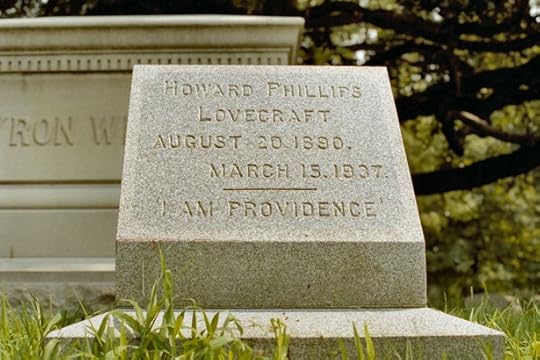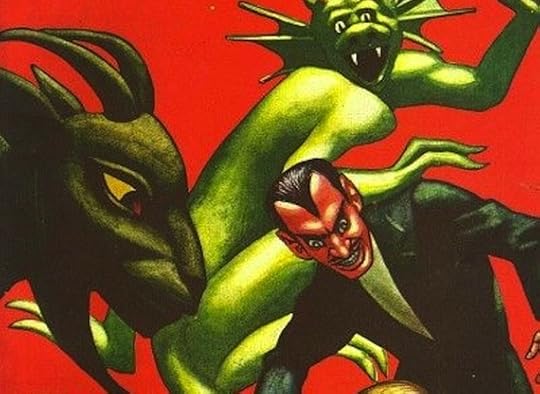The Unlikely Reanimation of H.P. Lovecraft

American history is filled with writers whose genius was underappreciated—or altogether ignored—in their lifetime. Most of Emily Dickinson’s poems weren’t discovered and published until after her death. F. Scott Fitzgerald “died believing himself a failure.” Zora Neale Hurston was buried in an unmarked grave. John Kennedy Toole won the Pulitzer Prize 12 years after committing suicide.
Related Story
The 'Product of Its Time' Defense: No Excuse for Sexism and Racism
But no tale of posthumous success is quite as spectacular as that of Howard Phillips Lovecraft, the “cosmic horror” writer who died in Providence, Rhode Island, in 1937 at the age of 46. The circumstances of Lovecraft’s final years were as bleak as anyone’s. He ate expired canned food and wrote to a friend, “I was never closer to the bread-line.” He never saw his stories collectively published in book form, and, before succumbing to intestinal cancer, he wrote, “I have no illusions concerning the precarious status of my tales, and do not expect to become a serious competitor of my favorite weird authors.” Among the last words the author uttered were, “Sometimes the pain is unbearable.” His obituary in the Providence Evening Bulletin was “full of errors large and small,” according to his biographer.
Nowadays, it’s hard to imagine Lovecraft faced such poverty and obscurity, when 








Atlantic Monthly Contributors's Blog
- Atlantic Monthly Contributors's profile
- 1 follower



